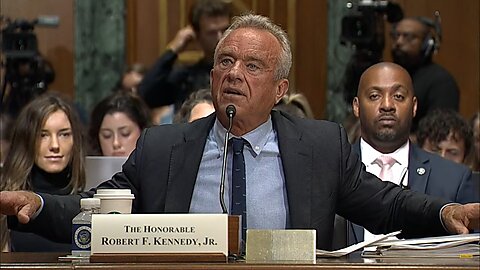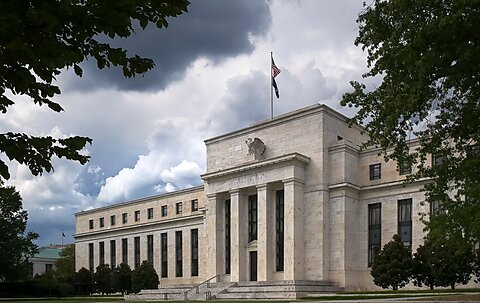Matthew Cavedon and Laura Bondank
Michael Wearry and James Skinner were convicted of the same murder more than twenty years ago. In 2016, the Supreme Court vacated Wearry’s conviction, finding that the prosecution’s failure to disclose material evidence in accordance with Brady v. Maryland violated Wearry’s due process rights. Following Wearry’s success, Skinner brought his own claim for postconviction relief, arguing that the Brady violations at issue in Wearry’s case likewise tainted his trial. But in a cursory two-page opinion, the Louisiana district court denied Skinner’s request and distinguished Wearry’s case without much explanation.
The rule established in Brady v. Maryland requires prosecutors to turn over exculpatory evidence prior to trial. Despite the Supreme Court’s clear instructions, Brady violations remain one of the most common and most serious types of prosecutorial misconduct. Recent studies reveal that prosecutors often intentionally violate Brady but almost never face consequences. This crisis of accountability for prosecutors, combined with institutional pressures to achieve high conviction rates, encourages noncompliance with Brady and results in wrongful convictions.
This problem is compounded by the dominance of plea bargaining, which has usurped the jury trial as the most common method of resolving criminal cases. Courts remain split on whether Brady applies to plea bargaining, and prosecutors often require pleading defendants to waive their right to challenge their convictions on appeal. If defendants lack confidence that any trial they receive will be fair, due to the government withholding exculpatory evidence, they will be even more likely to forgo trial and plead guilty.
Cato has filed an amicus brief asking the Supreme Court to grant Skinner’s petition, vacate his sentence, and remand for a new trial. Doing so would reaffirm that compliance with Brady is a constitutional imperative, not a discretionary practice, and reinforce the safeguards needed to guarantee due process.













